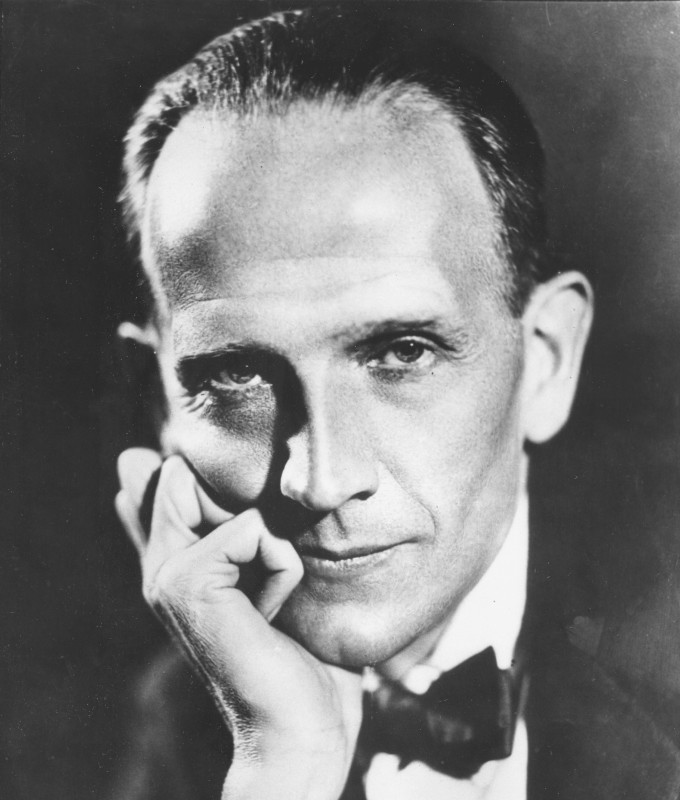A.A. Milne, in full Alan Alexander Milne (born January 18, 1882, London, England—died January 31, 1956, Hartfield, Sussex), English humorist, the originator of the immensely popular stories of Christopher Robin and his toy bear, Winnie-the-Pooh.
Alan Milne spent his childhood in London, where his father was a preparatory schoolmaster. His early education owed much to the skills of a young teacher and mentor — H.G. Wells — years later; Milne described Wells as “a great writer and a great friend.”
He continued his education at Westminster School and Trinity College, Cambridge. He bequethed his original handwritten manuscripts of Winnie-the-Pooh and The House At Pooh Corner to the College Library.
While an undergraduate at Cambridge he edited Granta for a year his first literary efforts were published in the humorous magazine Punch, where a month after his twenty-fourth birthday he started work as Assistant Editor, remaining there until the outbreak of the First World War. In 1913, Milne married Dorothy Daphne de Selincourt and they had one son, Christopher.
Although a noted pacifist, Milne enlisted in the Royal Warwickshire Regiment and served in France. His famous denunciation of war entitled Peace with Honour was published in 1934. His writings met with great success between the wars and, in 1924, Methuen published When We Were Very Young, a collection of verses, many of which had already been eagerly read by his regular readers when they first appeared in Punch.
When he was not rehired by Punch, Milne turned his attention to playwriting. He achieved considerable success with a series of light comedies, including Mr. Pim Passes By (1921) and Michael and Mary (1930).

Milne also wrote one memorable detective novel, The Red House Mystery (1922), and a children’s play, Make-Believe (1918), before stumbling upon his true literary metier with some verses written for his son, Christopher Robin.
These grew into the collections When We Were Very Young (1924) and Now We Are Six (1927). These remain classics of light verse for children. A.A. Milne always acknowledged that it was his wife, Daphne, and his young son, Christopher Robin, who inspired him to write the poems and stories. History has a strange way of mixing fact and fiction, but, whatever the origins, the four Pooh books printed in over twenty-five languages have taken their rightful place in the hearts and on the bookshelves of many millions of people.
The rights to the Pooh books were left to four beneficiaries: his family, the Royal Literary Fund, Westminster School and the Garrick Club. After Milne’s death in 1956, his widow sold her rights to the Pooh characters to the Walt Disney Company, which has made many Pooh cartoon movies, a Disney Channel television show, as well as Pooh-related merchandise.
In 2001, the other beneficiaries sold their interest in the estate to the Disney Corporation for $350m. Previously Disney had been paying twice-yearly royalties to these beneficiaries. The estate of EH Shepard also received a sum in the deal. The copyright on Pooh expires in 2026.